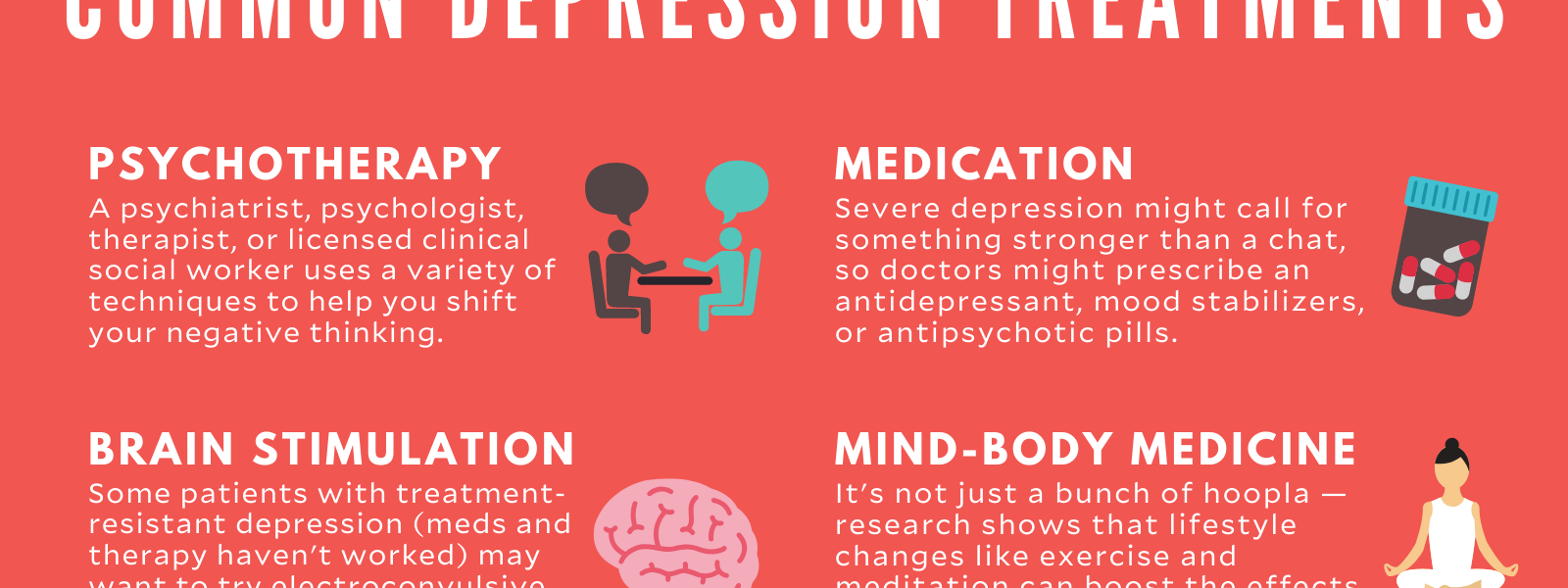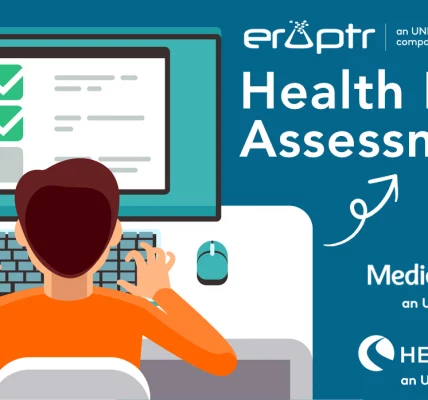Depression is a common mental health condition characterized by persistent feelings of sadness, hopelessness, and a loss of interest in activities. While it can significantly impact daily life, effective treatments are available to help individuals manage symptoms and improve their overall well-being.
Types of Depression
- Major Depressive Disorder: Persistent feelings of sadness, hopelessness, and worthlessness.
- Persistent Depressive Disorder (Dysthymia): A chronic form of depression with milder symptoms.
- Bipolar Disorder: A mood disorder characterized by alternating periods of mania and depression.
- Seasonal Affective Disorder (SAD): A type of depression related to changes in seasons.
- Postpartum Depression: A mood disorder that can affect women after childbirth.
Common Symptoms of Depression
- Persistent sadness or feelings of emptiness
- Loss of interest or pleasure in activities
- Changes in appetite and weight
- Sleep disturbances
- Fatigue and lack of energy
- Difficulty concentrating
- Feelings of worthlessness or guilt
- Thoughts of death or suicide
Treatment Options
- Therapy:
- Cognitive-Behavioral Therapy (CBT): Helps identify and change negative thought patterns and behaviors.
- Psychodynamic Therapy: Explores unconscious thoughts and feelings to gain insights into past experiences.
- Interpersonal Therapy: Focuses on improving interpersonal relationships.
- Medication:
- Antidepressants: Medications that help regulate brain chemistry.
- Anti-anxiety Medications: Can help reduce anxiety symptoms.
- Lifestyle Changes:
- Regular Exercise: Physical activity can boost mood and reduce stress.
- Healthy Diet: A balanced diet can improve overall well-being.
- Adequate Sleep: Prioritize quality sleep to improve mood and cognitive function.
- Stress Management Techniques: Practice relaxation techniques like meditation and yoga.
- Support Groups:
- Connecting with others who understand can provide emotional support and coping strategies.
Seeking Help
If you or someone you know is struggling with depression, it’s important to seek professional help. Early intervention can significantly improve outcomes. Remember, you’re not alone, and help is available.
Depression is a common mental health condition characterized by persistent feelings of sadness, hopelessness, and a loss of interest in activities. While it can significantly impact daily life, effective treatments are available to help individuals manage symptoms and improve their overall well-being.
Types of Depression
- Major Depressive Disorder: Persistent feelings of sadness, hopelessness, and worthlessness.
- Persistent Depressive Disorder (Dysthymia): A chronic form of depression with milder symptoms.
- Bipolar Disorder: A mood disorder characterized by alternating periods of mania and depression.
- Seasonal Affective Disorder (SAD): A type of depression related to changes in seasons.
- Postpartum Depression: A mood disorder that can affect women after childbirth.
Common Symptoms of Depression
- Persistent sadness or feelings of emptiness
- Loss of interest or pleasure in activities
- Changes in appetite and weight
- Sleep disturbances
- Fatigue and lack of energy
- Difficulty concentrating
- Feelings of worthlessness or guilt
- Thoughts of death or suicide
Treatment Options
- Therapy:
- Cognitive-Behavioral Therapy (CBT): Helps identify and change negative thought patterns and behaviors.
- Psychodynamic Therapy: Explores unconscious thoughts and feelings to gain insights into past experiences.
- Interpersonal Therapy: Focuses on improving interpersonal relationships.
- Medication:
- Antidepressants: Medications that help regulate brain chemistry.
- Anti-anxiety Medications: Can help reduce anxiety symptoms.
- Lifestyle Changes:
- Regular Exercise: Physical activity can boost mood and reduce stress.
- Healthy Diet: A balanced diet can improve overall well-being.
- Adequate Sleep: Prioritize quality sleep to improve mood and cognitive function.
- Stress Management Techniques: Practice relaxation techniques like meditation and yoga.
- Support Groups:
- Connecting with others who understand can provide emotional support and coping strategies.
Seeking Help
If you or someone you know is struggling with depression, it’s important to seek professional help. Early intervention can significantly improve outcomes. Remember, you’re not alone, and help is available.




